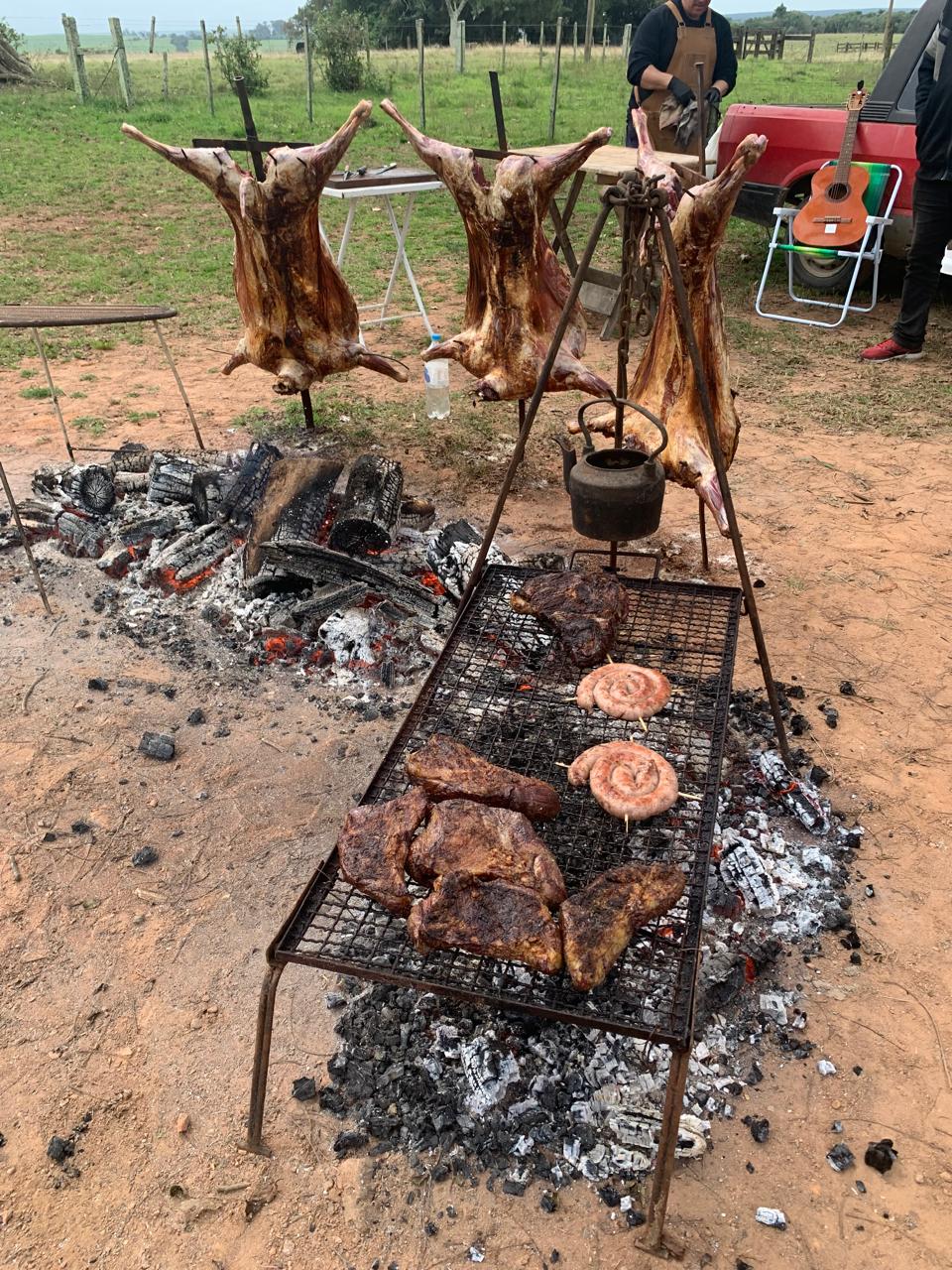Environmental, Social and Governance Principles in the Hospitality Sector i
Pipa -Tibau do Sul Destination, Rio Grande do Norte
DOI:
https://doi.org/10.18226/21789061.v16i4p884Keywords:
Tourism, Lodging Sector, Sustainability; Environmental, Social and Governance, Tibau do Sul, Rio Grande do Norte, BrazilAbstract
In Brazil, the discussion on ESG is still in its infancy, with some studies incorporating the business sector that operates in the tourism segment. This paper seeks to contribute to the discussion by providing an analysis on the topic in the tourist municipality of Tibau do Sul, State of Rio Grande do Norte [Brazil], emphasizing the valorization of the location [jobs, products], contemplating a geographic perspective. The objective of the paper is to identify the adherence of the business sector in the lodging segment of Tibau do Sul to the ESG concept, observing how its principles have been adopted in the tourist destination. The methodology outlined with bibliographical, documentary and fieldwork research, involved interviews with presidents of the associations [via Google Meet] and questionnaires with members of the Hoteliers Association of Tibau do Sul and Pipa [ASHTEP] [through Google Forms]. The results indicate that the local public sector is unaware of the application of ESG practices, in contrast to three associations interviewed, which have already implemented aspects of ESG in their operations. ASTEHP stands out for promoting and adopting sustainable practices in its tourism ventures.
References
Agyeiwaah, E., McKercher, B., & Suntikul, W. (2017). Identifying core indicators of sustainable tourism: A path forward? Tourism Management Perspectives, 24, 26-33
Alarcón, D. M., & Cole, S. (2021). No sustainability for tourism without gender equality. In Activating critical thinking to advance the sustainable development goals in tourism systems (pp. 57-73). Routledge
Ambrozio, A. M., et al. (2020, 23 out.). A difusão da agenda ESG no mundo e no Brasil. Agência BNDES de Notícias. Link
Associação Brasileira da Indústria Hoteleira - ABIH (2020). Green Destinations: Tibau do Sul recebe certificação internacional inédita no Brasil e única na América do Sul. Link
Blasi, G. D. (2022). Inovação sustentável - A interseção entre propriedade intelectual e ESG. In C. Arruda et al. (Eds.), Inovação: O motor do ESG (pp. 212-219). Fundação Dom Cabral. Link
Brasil - Ministério do Turismo, (2024, 07 mar.). Rio Grande do Norte traz para o Brasil três premiações internacionais. Agência Gov. Link
Brokaj, R. (2014). Local Governments role in the sustainable tourism development of a destination. European scientific journal, 10(31).
Cândido, L. F., Araújo, D. de S., Leocádio, Áurio L., Guimarães, D. B., & Ponchio, M. C. . (2024). Sustainable behavior in nature tourism travel: the influence of local infrastructure. Revista De Administração Da UFSM, 17(3).
Coutinho, L. de M. (2021). Pacto Global da ONU e os dez princípios. Revista BNDES, 28(56), 501-518.
Elkington, J. (1997). Cannibals with forks: The triple bottom line of the 21st century business. New Society Publishers
Fecomércio RN. (2022). DEL Turismo: Pousada em Tibau do Sul recebe selo internacional de gestão sustentável. Link
Fonseca, M. A. P. (2005). Espaço, Políticas de Turismo e Competitividade. Natal: Edufrn
Font, X., & Tribe, J. (2001). Promoting green tourism: The future of environmental awards. International Journal of Tourism Research, 3(1), 9-21.
Graci, S. (2020). Collaboration and partnership development for sustainable tourism. In: Tourism and Sustainable Development Goals (pp. 232-249). Routledge
Guimarães, R. P. (1997). Desenvolvimento sustentável da retórica à formulação de políticas públicas. In B. K. Becker & M. Miranda (Eds.). A geografia política do desenvolvimento sustentável (pp. NET14-44). Rio de Janeiro: Ufrj
Henisz, W., Koller, T., & Nuttall, R. (2019). Five ways that ESG creates value. McKinsey. Link
Ionescu, G. H., Firoiu, D., Pirvu, R., & Vilag, R. D. (2019). The impact of ESG factors on market value of companies from travel and tourism industry. Technological and Economic Development of Economy, 25(5), 820-849. Link
Knollenberg, W., Brune, S., Harrison, J., & Savage, A. E. (2024). Identifying a community capital investment portfolio to sustain a tourism workforce. In A Sustainable Tourism Workforce (pp. 190-206). Routledge
Krippendorf, J. (1989). Sociologia do Turismo: para uma nova compreensão do lazer e das viagens. Civilização Brasileira
Lakatos, E. M. (2003). Fundamentos de Metodologia Científica. São Paulo: Atlas
Maimon, D. (2003). Responsabilidade ambiental das empresas brasileiras: Realidade ou discurso? In C. Cavalcanti (Ed.). Desenvolvimento e Natureza: Estudos para uma sociedade sustentável (pp. 399-416). São Paulo: Cortez; Recife: Fundação Joaquim Nabuco
Oliveira, N. (2018). História da cidade. Prefeitura de Tibau do Sul; Câmara Municipal de Tibau do Sul. Link
Shrivastava, P., & Addas, A. (2014). The impact of corporate governance on sustainability performance. Journal of Sustainable Finance & Investment, 4(1), 21–37. Link
The Global Compact. (2004). Who cares wins: Connecting financial markets to a changing world. United Nations Global Compact and Swiss Federal Department of Foreign Affairs.
Downloads
Published
How to Cite
Issue
Section
License
Autores que publicam nesta revista concordam com os seguintes termos:
Os Autores mantém os direitos autorais e concedem à revista o direito de primeira publicação, com o trabalho simultaneamente licenciado sob a Creative Commons Attribution License que permitindo o compartilhamento do trabalho com reconhecimento da autoria do trabalho e publicação inicial nesta revista.
Autores têm autorização para assumir contratos adicionais separadamente, para distribuição não-exclusiva da versão do trabalho publicada nesta revista (ex.: publicar em repositório institucional ou como capítulo de livro), com reconhecimento de autoria e publicação inicial nesta revista.
Autores têm permissão e são estimulados a publicar e distribuir seu trabalho online (ex.: em repositórios institucionais ou na sua página pessoal) a qualquer ponto antes ou durante o processo editorial, já que isso pode gerar alterações produtivas, bem como aumentar o impacto e a citação do trabalho publicado (Veja O Efeito do Acesso Livre).








